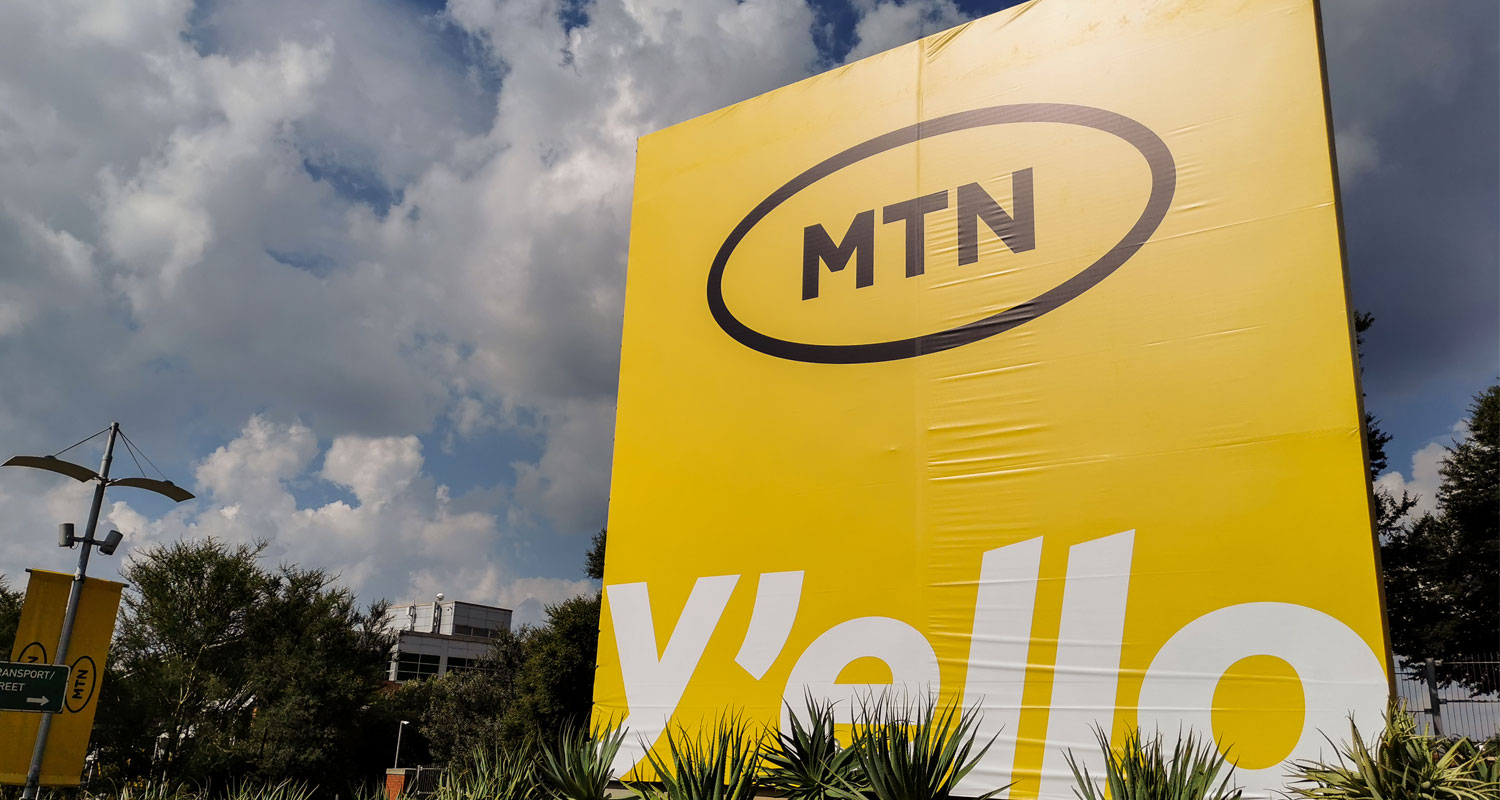 Nigeria’s awful macroeconomic conditions have once again punished MTN. In the first half its 2024 financial year to June, the Nigerian subsidiary of South Africa’s MTN Group reported a loss after tax of ₦519.1-billion (R5.7-billion).
Nigeria’s awful macroeconomic conditions have once again punished MTN. In the first half its 2024 financial year to June, the Nigerian subsidiary of South Africa’s MTN Group reported a loss after tax of ₦519.1-billion (R5.7-billion).
Despite the weak performance, MTN Nigeria CEO Karl Toriola has spoken of a “solid underlying operating performance despite macro headwinds and foreign currency impacts”.
Inflation in Nigeria reached 34.2% in June, while the naira has plunged against the dollar, the rand and other currencies, especially in the first half of 2024. Painful economic reforms in the West African nation have driven up inflation and put consumers and businesses under considerable pressure.
MTN Nigeria delivered service revenue growth of 32.6% in the first half – in line with inflation – driven by data and supported by voice, fintech and digital services.
However, Ebitda – earnings before interest, tax, depreciation and amortisation – fell by 10.9%, with the margin plunging 17.4 percentage points to 35.6%, knocked lower by forex losses. Without the forex impact, MTN said the Ebitda margin would have been 50.9% — much closer to the long-term average.
It said key priorities for the company include accelerating an earnings recovery, strengthening its balance sheet and restoring its net asset position more quickly.
Progress
It said it is making progress in improving MTN Nigeria’s negative capital position, a topic that was the subject of a special meeting with shareholders in April. These initiatives include:
- Lobbying regulators to approve consumer price increases to support long-term sustainability of the industry;
- Focusing on driving margin recovery;
- Optimising capital expenditure;
- Reducing US dollar exposure to reduce forex losses; and
- Reviewing tower lease contracts.
Operationally, the picture is rosier:
- Service revenue growth was 32.6% year on year — although this was in line with inflation;
- Voice revenue climbed by 12.4%, well below inflation;
- Data revenue jumped 54.7%, driven by an expansion in subscriber numbers and data usage. This demand has continued into the second half of the financial year, according to MTN;
- 4G population coverage reached 82%, with 5G coverage at 12.7%. Smartphone penetration topped 55%, with data traffic climbing 42.6% year on year; and
- Digital services were a star performer, with revenue almost doubling year on year, while the enterprise business expanded by 63.7%.
However, operational expenditure more than doubled in the period thanks to the depreciation in the naira, higher energy costs and the introduction of VAT on tower leases last September. Excluding these effects, opex rose by 31.7%, slightly below the average inflation rate.
Net forex losses jumped by 95% to ₦887.7-billion compared to the same period last year.
Core capital expenditure – mainly money invested in network infrastructure – rose by 17.4% (well below inflation).

MTN Group’s share price in Johannesburg opened down on Wednesday on news of the Nigerian half-year numbers. They were last changing hands at R76.65, down 0.2% on the session.
Year-to-date, MTN has lost a third of its value. Over a three-year period, the share is down 27%.
Principal rival Vodacom Group has seen its shares tumble by 23% over the same three-year period, reflecting the pressures facing telecommunications operators in South Africa and the broader continent. – © 2024 NewsCentral Media




